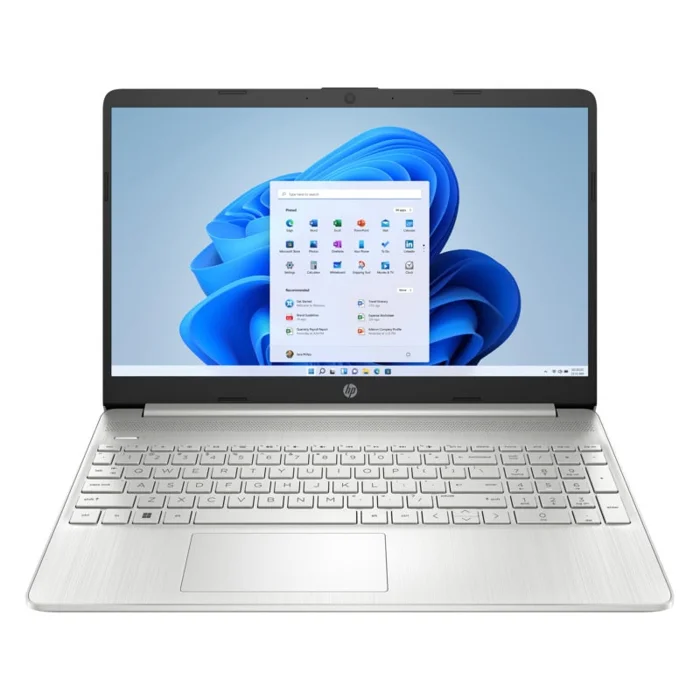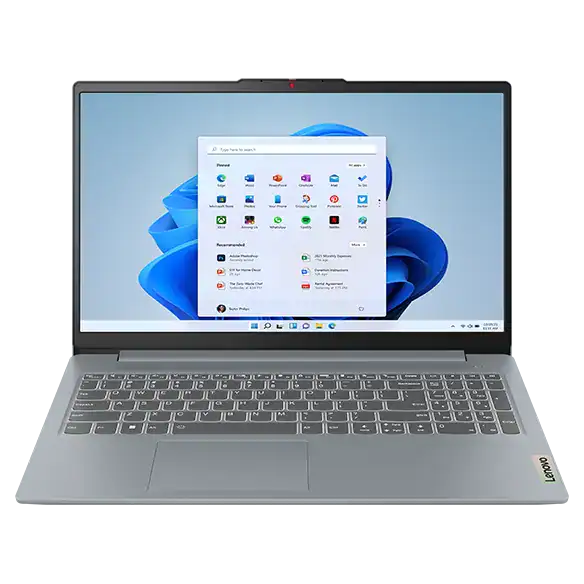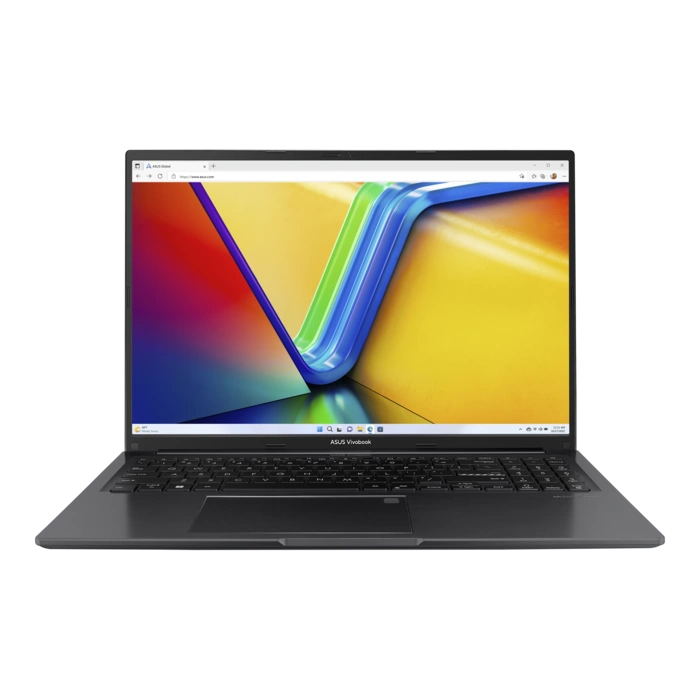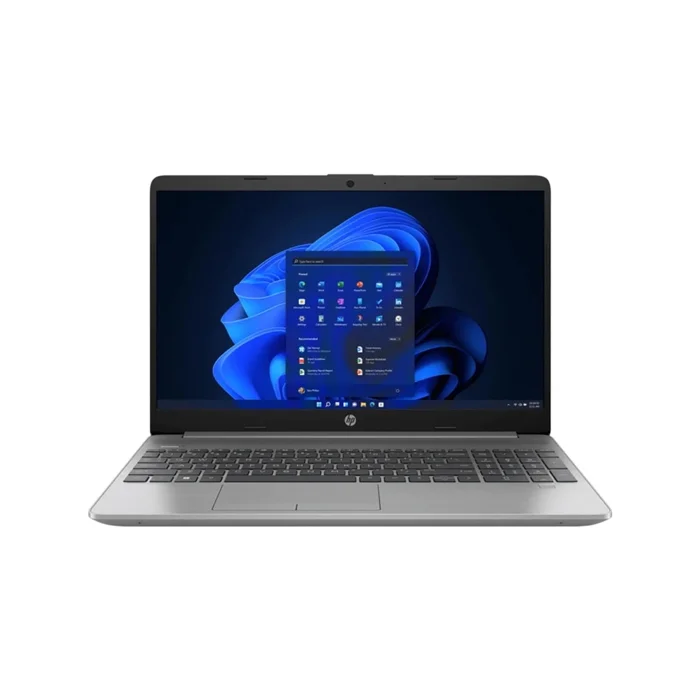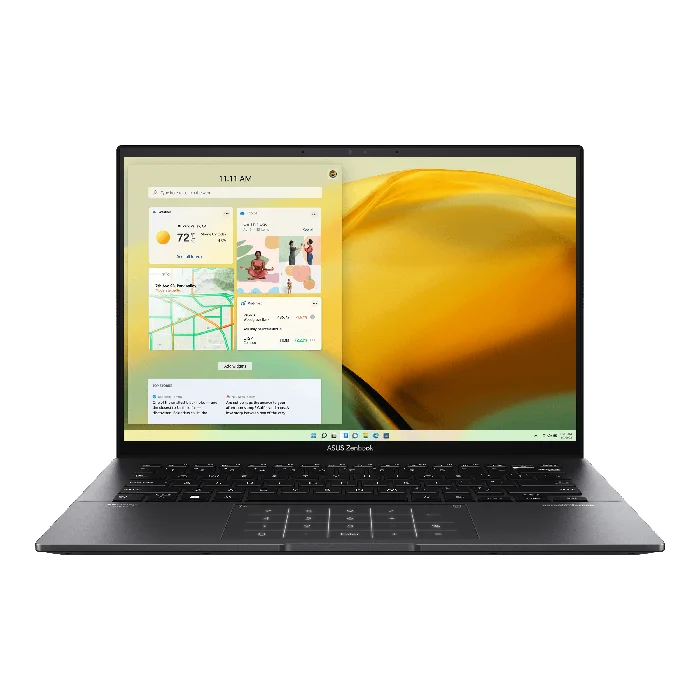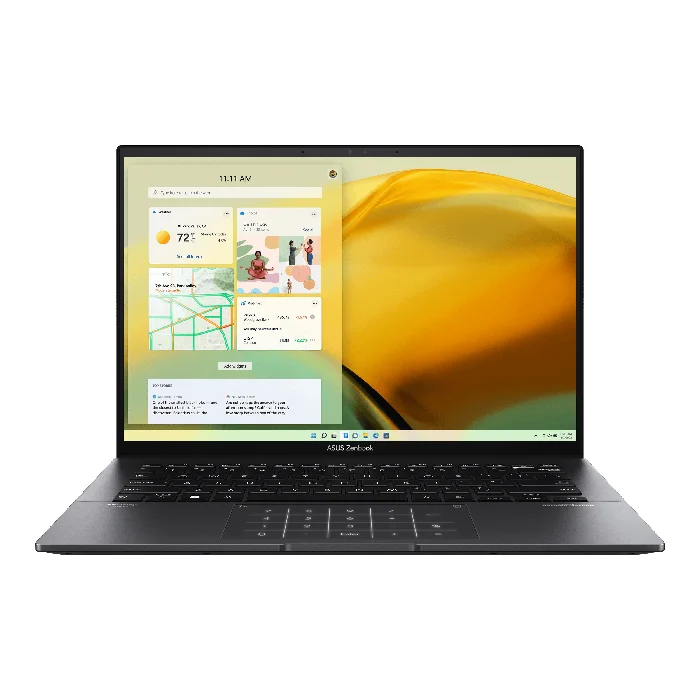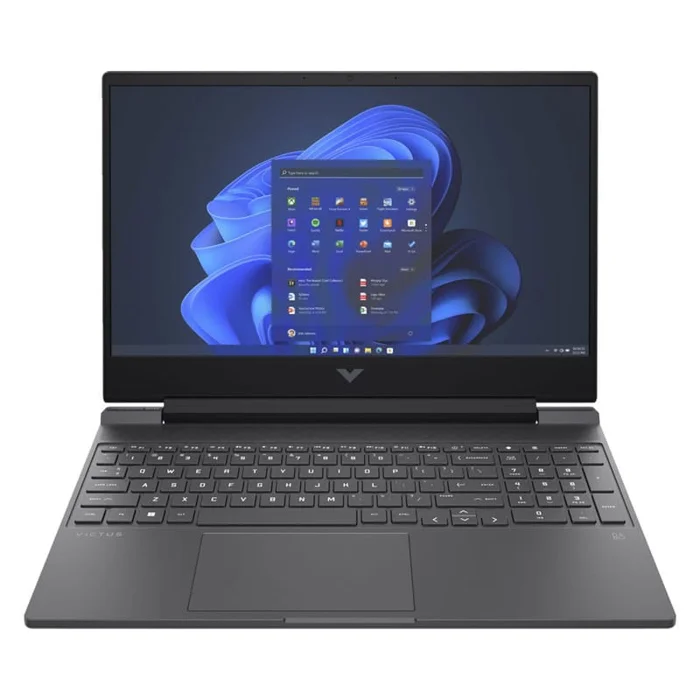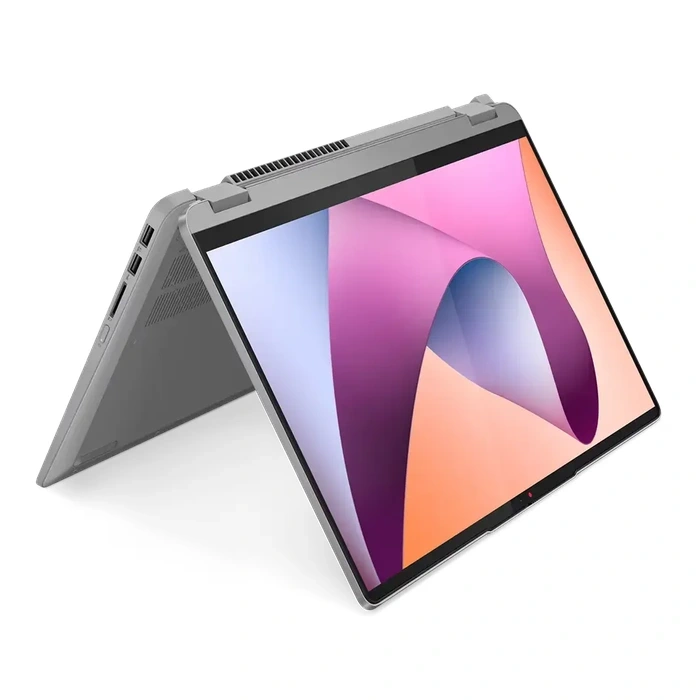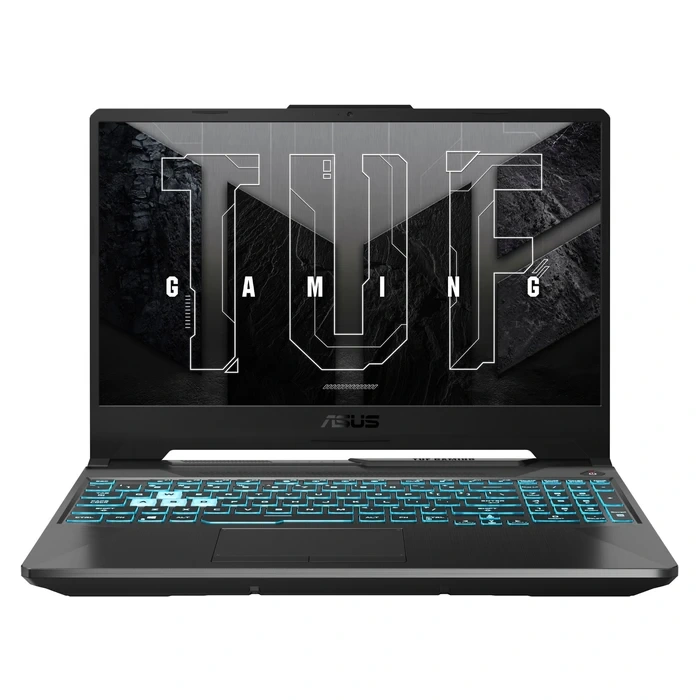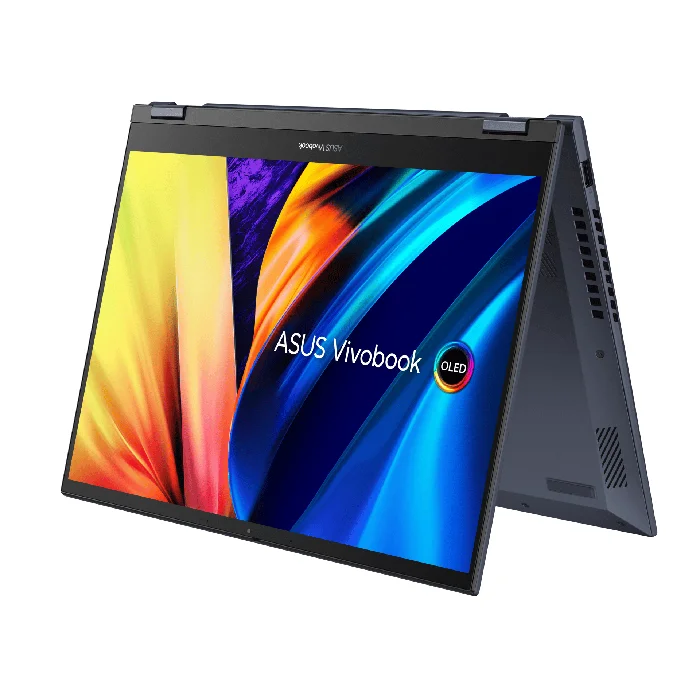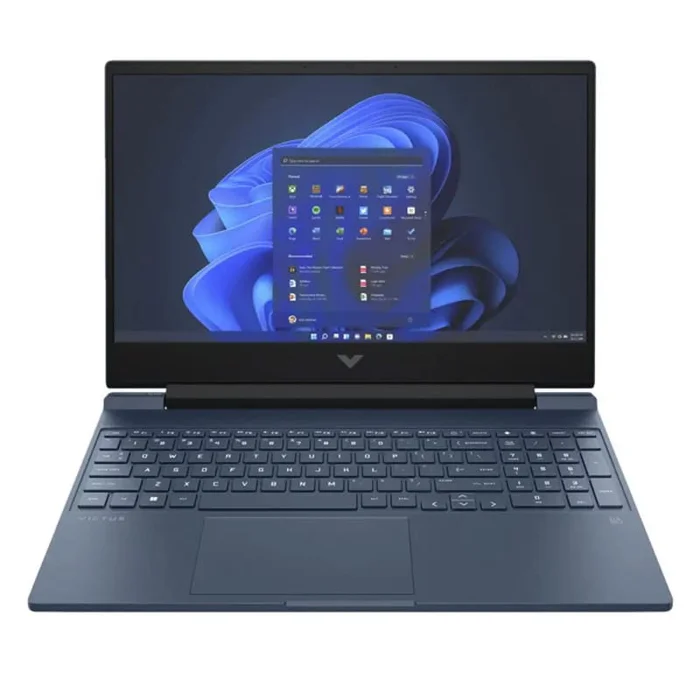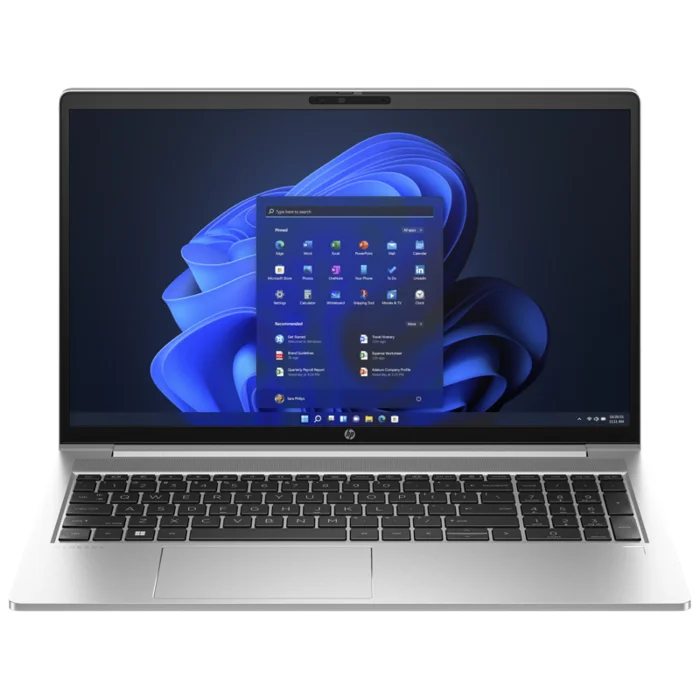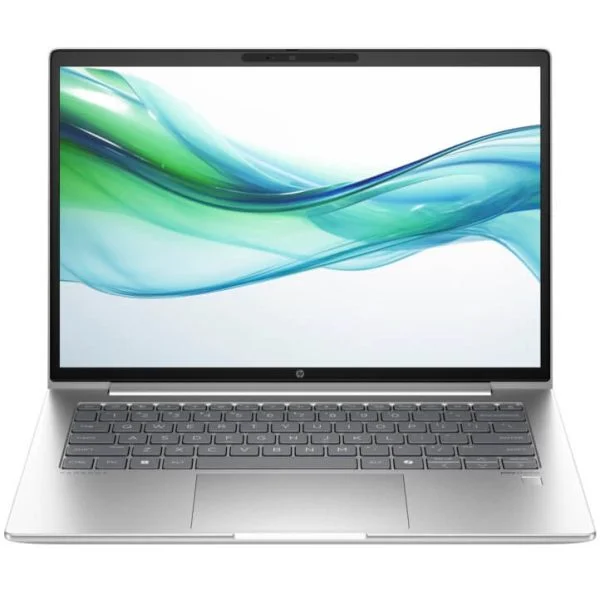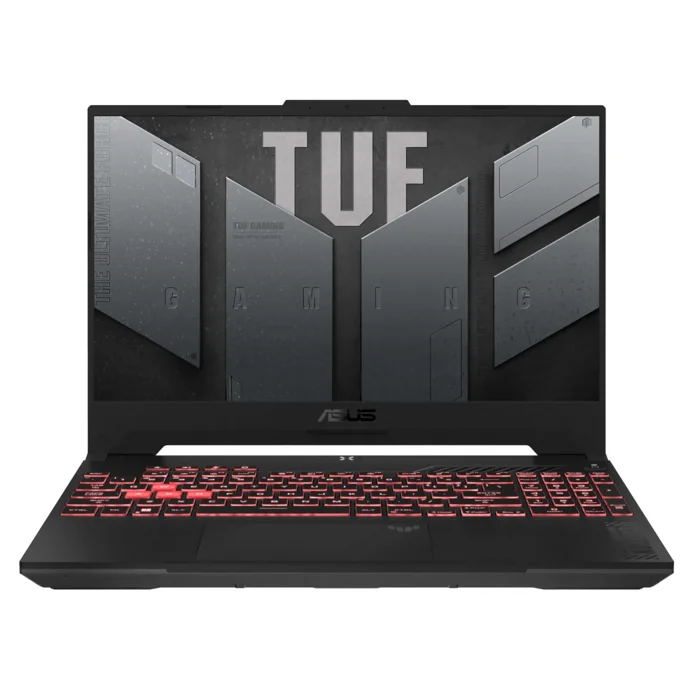AMD Ryzen 7 Laptops
A ryzen processor is a new line of processors from AMD. They are based on the Zen architecture and feature multiple cores, high clock speeds, and an improved cache system.
How does a ryzen processor work?
A ryzen processor is a CPU (Central Processing Unit) that has multiple cores. It can be used to run programs and applications, as well as games. The more cores it has the better performance you will get in most cases.
Advantages and Applications
What are the 5 benefits of a ryzen processor?
- It is a great processor for gaming and video editing.
- The price of the ryzen processors are very affordable compared to intel’s i7 series.
- Ryzen has better performance than Intel in multi-threaded applications like rendering videos or photo processing software.
- AMD offers more cores at lower prices than Intel does with their equivalent products (i5 vs Ryzen 5).
- You can overclock your CPU easily on an AM4 motherboard without voiding the warranty unlike other platforms such as LGA 1151 where you have to buy expensive motherboards that support overclocking if you want to do it yourself instead of paying extra money for someone else who will do it for you.
Who should use a ryzen processor?
Anyone who wants to get the most out of their money. Ryzen processors are a great choice for gamers, streamers, and content creators alike. They offer excellent performance at an affordable price point that will leave you with plenty of cash left over for other components in your build.
The AMD Ryzen 7 Processor
The Ryzen 7 has 8 cores and 16 threads. It also comes in a variety of different speeds ranging from 3Ghz to 4GHz depending on how much you want to spend.
What do I need to look out for when comparing a ryzen processor?
Numbers of cores and threads.
The first thing you need to look out for is the number of cores and threads. This will determine how many tasks can be processed at once, which in turn determines performance. For example, a 6-core/12 thread processor would perform better than an 8-core/8thread one when it comes to multitasking (running multiple programs simultaneously).
Clock speed.
Another important factor is clock speed – this refers to how fast each core runs individually. A higher frequency means that more instructions per second are executed by the CPU, resulting in faster overall processing speeds.
Cache size.
Finally there’s cache size – this refers to memory onboard dedicated specifically for use by the CPU itself; Larger caches mean quicker access times and therefore improved performance as well as reduced power consumption due to less frequent data retrieval from RAM or storage devices like hard drives or SSDs.



